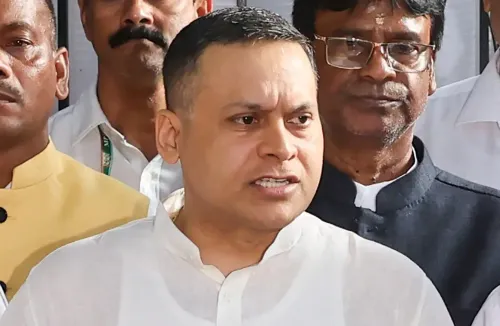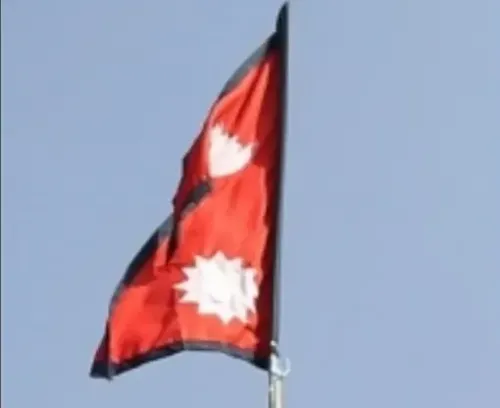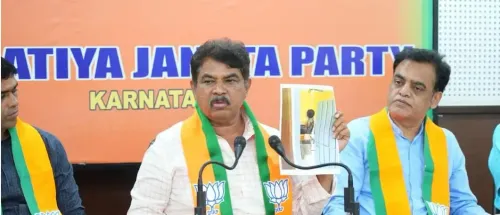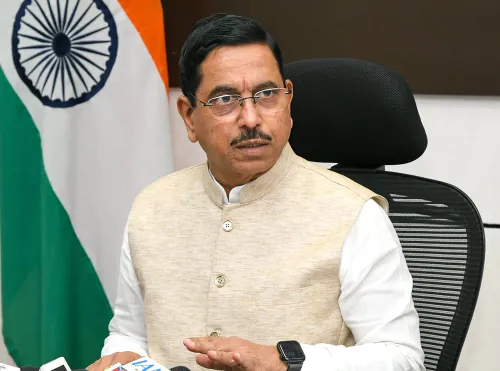How is Naveen Patnaik Addressing Urea Shortages in Odisha?
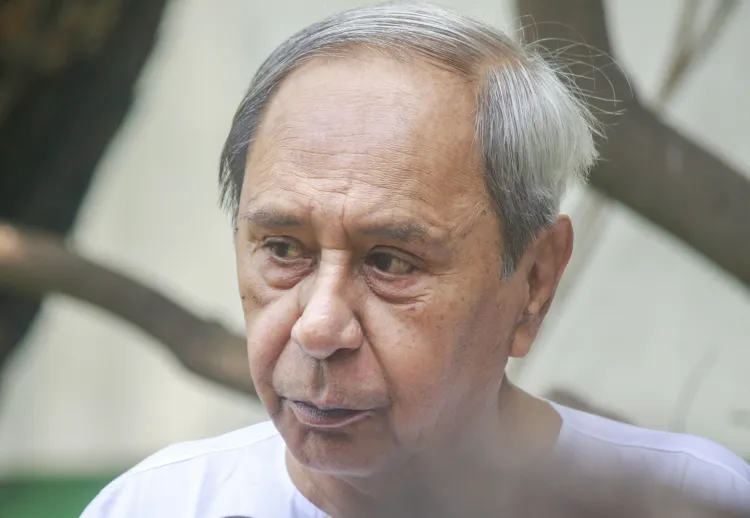
Synopsis
Key Takeaways
- Naveen Patnaik highlights urea shortage concerns for farmers.
- Adequate fertilizer supply is crucial for Kharif crops.
- Black marketing and adulteration are significant issues.
- The government must address distribution irregularities.
- Timely intervention is essential to support farmers' livelihoods.
Bhubaneswar, Aug 30 (NationPress) The Leader of Opposition (LoP) in the Odisha Assembly and chief of the Biju Janata Dal (BJD), Naveen Patnaik, has reached out to Union Minister of Chemicals and Fertilisers J.P. Nadda, highlighting the critical issue of urea scarcity amid the current Kharif season.
In his correspondence dated August 29, Naveen Patnaik urged J.P. Nadda to guarantee an adequate supply of urea to Odisha for the sake of the farming community.
He emphasized that agriculture serves as the backbone of Odisha's economy, sustaining over 70 percent of its population. Naveen Patnaik noted, "The growth trajectory of Odisha's agricultural sector over the last two decades has been remarkable. Once a rice importer, Odisha now plays a significant role in the country's Public Distribution System."
This transformation has been facilitated by the integration of technology and a sufficient supply of agricultural inputs.
Naveen Patnaik underscored the necessity of an uninterrupted supply of fertilizers, declaring, "As a vital input for agricultural production, a steady supply is essential for crop development during Kharif. Currently, farmers in Odisha are grappling with significant challenges in accessing urea this Kharif season."
Expressing his worries about the situation, he remarked, "The limited availability of urea, compounded by black marketing and adulteration, poses a serious challenge for farmers as the Kharif season begins. In numerous districts, particularly in tribal areas, farmers are protesting due to the unavailability of urea. If this issue is not promptly addressed, it could lead to severe disruptions in farming activities, affecting production and the livelihoods of farmers."
He also scrutinized the Odisha government's management of the crisis, pointing out that despite claims of having 7.94 lakh tonnes of urea, farmers are still experiencing shortages.
"Urea is being illegally sold at prices exceeding the government-approved rates throughout Odisha," Naveen Patnaik remarked.
Accusing the government of distribution irregularities, he added, "MARKFED, the designated distribution agency, is supplying subsidized fertilizers to private traders instead of directly to farmers. Despite lower fertilizer utilization in Odisha, mismanagement and corruption within the supply chain have pushed our farmers to the brink."
Naveen Patnaik also raised alarms concerning delays with the Talcher fertilizer plant.
"The foundation stone was laid in 2018, with a promise of functionality within 36 months. However, seven years later, it remains non-operational," he stated.
Advocating for strict measures, he emphasized, "The immediate priority is a crackdown on black marketing and accountability for dealers and officials involved in fertilizer distribution through cooperative societies."
In light of these challenges, Naveen Patnaik concluded, "I urge you to undertake necessary actions to ensure sufficient urea supply to Odisha during this Kharif season, in the greater interest of our farming community."

